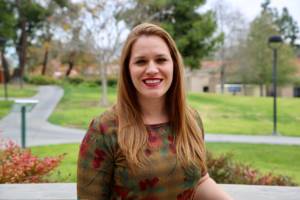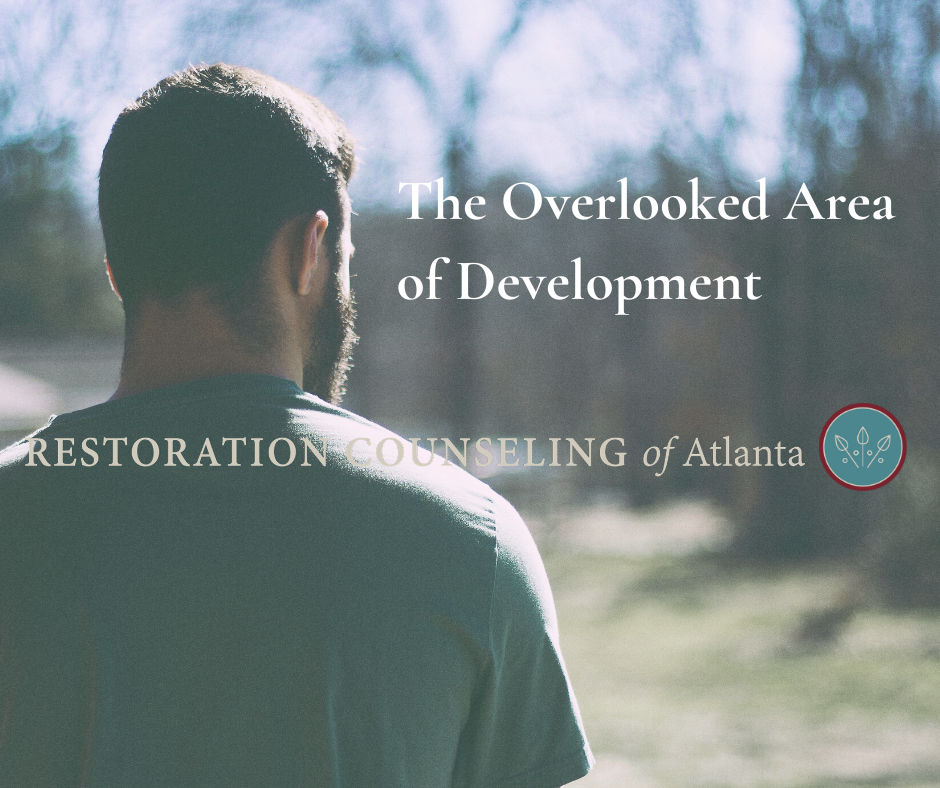Kids bring beautiful gifts to us as adults. I have five nieces and nephews, and they each have been a source of joy and laughter. I immediately smile as I recall passionate expressions that were just slightly off as they learned to use words in the right context. An example is: “Aunt Becca, I almost lost my temperature (temper)!!”
Another favorite is also language-related. An additional example is when my nieces and nephews mistakenly renamed the litter box the “glitter box.” I am sure we would all appreciate that the box is filled with glitter rather than the typical gifts left behind for us. Lastly, my niece had the sweet expression of “having clumsy butterflies flying around in her stomach,” as she learned to describe the nervousness her body was experiencing. Not only do kids provide heartwarming moments such as these, but they also provide helpful reminders of what it is like to grow and develop as a human being.
Development as Normative
Children are thrust into this world completely dependent on others to care for their needs and help them learn the skills necessary to thrive in life. In addition, they depend on others to teach them how to use their fork, brush their teeth, shower, and get dressed. We accomplish steps forward in this area through a common process of learning. This process helps us identify our needs, take action to meet those needs, and finally, evaluate our effectiveness in meeting those needs. Through this process, we slowly learn how to take small steps forward toward competence. We advance from learning how to feed ourselves to learning how to cook for ourselves. We progress from taking our first wobbly steps to — God help our parents — operating a vehicle on our own.
Over and over, those around us support, guide, and give input to help us make incremental steps toward caring for our physical needs and launching into the world of adulthood. It has always been a focus to teach our kids how to provide for their physical needs and wants through learning various skills. We often have operated as if we grow out of our relational needs. Or maybe we think we don’t need to spend as much time and energy on developing in this realm. While it is of immense value to learn how to have discipline in your studies, ace an interview, and adhere to a budget, it is just as important to develop our emotional capacities and capabilities. Most of our challenges in life as adults are as a result of underdevelopment in this area.
Emotional Development Overlooked
As an adult, we can find ourselves navigating scenarios and situations that require emotional skills. However, sometimes we inadvertently shortchange our development in those areas. We have not completed the learning process of emotional development. We pay our bills (mostly) on time, we hold down a job, and we adhere to the law. Sometimes we find ourselves ill-equipped to handle various challenges reality throws our way. In spite of looking and being viewed as an adult on the outside, our internal experience communicates a different story. This especially shows up as we face hard realities such as getting fired, the death of a loved one, infidelity, or countless other examples.
As you are considering this area of development, ponder the following moments and what your experience would be. How comfortable are you with conflict? Can you tolerate others’ anger at you while also hearing their concerns and considering their needs? Do others feel bulldozed by you? What about failure? Do you find yourself trying new things and taking calculated risks? Or do you avoid such things for fear of it not going well or falling on your face?
What about if your boss sends you an email asking for a meeting? Would your response be fear and dread over what she wants to discuss? Or how about asking for help emotionally? Do you have the capacity to be fully seen, known, and heard by a handful of trusted people? These are just a few of the scenarios that can benefit from dedicating time and space to building our emotional capacities and skills.
Developing these skills diverges from our typical template of what it means to be an adult. But as mentioned previously, these skills are vital for flourishing as a human being. Sadly, we have failed to recognize this emotional underdevelopment as the primary factor undergirding the dissatisfaction and underperformance we experience in our lives. However, with a little time and attention, we can grow and develop in this area just like we can in other areas of development.
Next Steps
Similar to the process of learning how to meet your physical needs, it may take time. Kids can be pretty ineffective when they are first learning to brush their teeth, but as they make improvements as they continue to practice. It is the same as developing our emotional capacities and skills. Below are several suggestions to pursue taking responsibility for growing in this overlooked realm:
- Get to know yourself – Pay attention to your experience of situations. In particular, pay attention to your tendency to isolate, withdraw, numb, or distract in certain scenarios. Also pay attention to any fears, judgment or criticism that seems to surface in relationships. This content can be a treasure trove of information to help you hone in on areas in need of continued maturation.
- Build your circle of safe people – Tap into resources such as a therapist or process group (learn more through previous posts here and here) to provide a template of what safe relationships look like. Take small, vulnerable risks to test the safety of others before sharing more.
- Embrace the journey – Be patient. Relational growth is like physical changes, it cannot be seen while you are watching. You just wake up one day and realize your pants are too short or waistband is too tight. Small steps in the right direction add up to change in the desired direction.
The Benefits
The process can be challenging to grow in this vastly overlooked area. However, the rewards for doing so have a far-reaching impact on your relationship with yourself, others, and God. It is through these restored connections that we can begin to operate on all cylinders. We can step into our full potential.
Writte n by: Becca Cline, LPC
n by: Becca Cline, LPC
Roswell Location
becca@restorationcounselingatl.com, ext. 156
Becca has received extensive training with Dr. John Townsend, New York Times best selling author of Boundaries and has completed training in his Competence + Character growth model. She is currently completing the Townsend Leadership Program, which focuses on achieving strategic goals to pursue improved performance personally and professionally.
Becca works with male and female clients who are 13 years or older. She sees couples, families, and individuals. Also, she has worked with clients dealing with a variety of issues including depression, anxiety, addiction, grief/loss, trauma, abuse, spiritual issues, sexuality, family of origin issues, codependency, anger, and interpersonal and relationship issues. In addition, Becca also has experience in running process groups.

